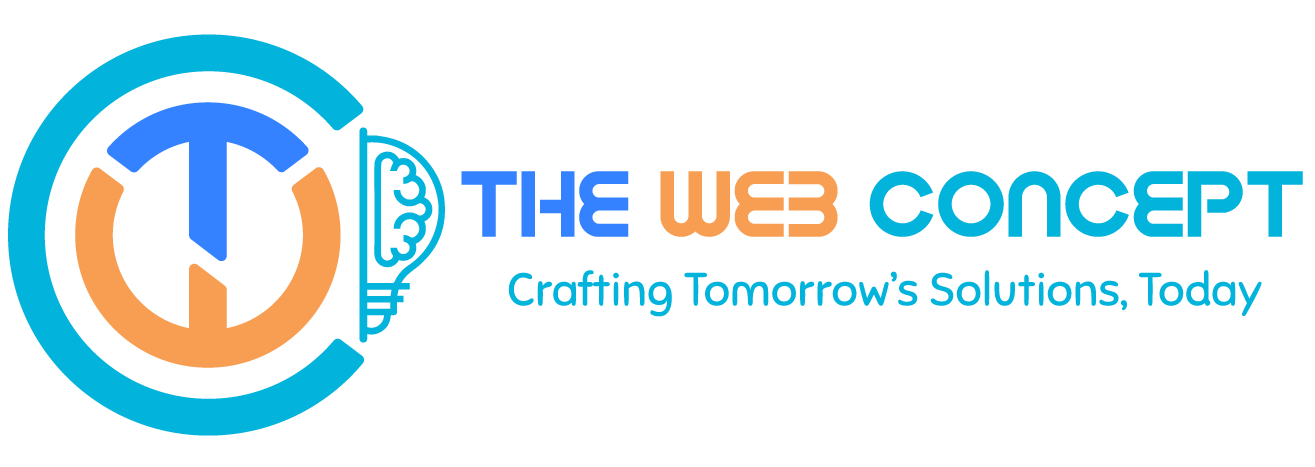Artificial intelligence (AI) is changing the way we approach web development. It’s no longer just a futuristic idea. AI in web applications is now making websites smarter, faster, and more easier for users. From chatbots to smarter search engines, AI helps developers build web apps that can learn from data and adapt to user behavior. In this article, we’ll explore how AI is transforming the web development landscape and what it means for businesses wanting to use AI in their digital platforms.
What is AI in Web Applications?
AI in web applications refers to using advanced algorithms and machine learning techniques to make websites and web apps smarter. Instead of manually programming every function, AI allows apps to learn, predict, and adapt. This means websites can improve how they serve users based on how people interact with them.
Why is AI Important for Web Development?
AI is important for modern web development because it solves many challenges. Businesses need websites that provide quick and customized experiences to keep users engaged. AI in web applications helps create these experiences by analyzing user data, automating customer service, and improving the overall functionality of web platforms.
Key Areas Where AI Impacts Web Applications
Customized User Experience
AI customizes the experience for each user by analyzing their behavior. Whether it’s recommending products or adjusting content to match user preferences, AI makes the user experience smoother and more personal.
AI Chatbots
AI-powered chatbots are increasingly being used on websites to provide customer support. They answer common questions, offer suggestions, and even help customers complete tasks without the need for human intervention.
Improved SEO (Search Engine Optimization)
AI helps websites rank better on search engines by analyzing trends and optimizing content. It can adjust websites based on user behavior, making it easier for customers to find what they’re looking for.
Predictive Analytics
AI in web applications can predict what users want before they even know it. By analyzing user data, AI helps businesses make smarter decisions, anticipate trends, and stay ahead of the competition.
Enhanced Security
AI helps keep websites safe by detecting and preventing security threats. Machine learning algorithms can spot unusual activities and stop attacks before they cause harm, making websites more secure.
Natural Language Processing (NLP)
AI has improved Natural Language Processing, which allows websites to understand human language better. This is why tools like voice search or chatbots feel more natural and conversational today.
Content Creation and Curation
AI tools can help generate or curate content based on user needs. Websites use AI to display the most relevant content, which keeps users engaged and coming back.
AI Tools Helping Web Developers
Web developers now use AI-powered tools to make coding easier and faster. These tools suggest improvements, find errors, and even generate designs based on user input. Some popular AI tools include:
- DeepCode: Suggests improvements for better code quality.
- CodeT5: Helps developers by offering code autocompletion.
- UIzard: Automatically generates web designs, speeding up the UI/UX design process.
Benefits of AI in Web Applications for Businesses
Boost Efficiency
AI reduces the time spent on repetitive tasks. Web apps using AI can handle more users without needing extra resources.
Improve User Engagement
AI provides more customized content, keeping users engaged and satisfied. This leads to better customer retention.
Easier Flexibility
As businesses grow, AI can handle increasing demands without slowing down. This makes it easier for companies to scale up their web platforms.
Cost Savings
AI tools save time and resources by automating tasks like customer service, SEO, and content management, reducing overall costs.
Challenges of Using AI in Web Applications
While there are many advantages, integrating AI into web applications can be costly upfront. AI systems also require a lot of data to work effectively, which may not always be available. Additionally, some users might be hesitant to trust AI-powered tools, especially when it comes to handling sensitive data.
The Future of AI in Web Development
The future of AI in web applications is bright. As AI technologies become more advanced, they will offer even more opportunities for innovation. From self-learning applications to more efficient web experiences, AI will continue to shape the future of web development.
Conclusion
AI is playing a huge role in reshaping modern web development. By integrating AI in web applications, businesses can enhance user experiences, improve security, and stay ahead in a competitive digital landscape. AI allows websites to become smarter, more efficient, and highly interactive. As AI technology continues to evolve, its impact on web development will only grow stronger.
FAQs
How does AI improve web applications?
AI improves web applications by making them smarter, faster, and more responsive to user needs. It automates processes, improves security, and offers customized experiences.
Can AI help with customer service on websites?
Yes, AI-powered chatbots can provide instant customer support, answer questions, and assist users, reducing the need for human intervention.
Is AI expensive to implement in web applications?
While the initial cost can be high, AI tools often save time and money in the long run by automating tasks and improving efficiency.
Does AI make websites more secure?
Yes, AI helps identify and prevent security threats, making web applications safer for users.
Can small businesses benefit from AI in web applications?
Absolutely. AI tools are flexible and can be used by businesses of all sizes to improve customer experiences and automate processes.














